
OR
Nepali delegation to 74th UNGA participates in series of meetings in New York
Published On: September 27, 2019 03:25 PM NPT By: Republica | @RepublicaNepal
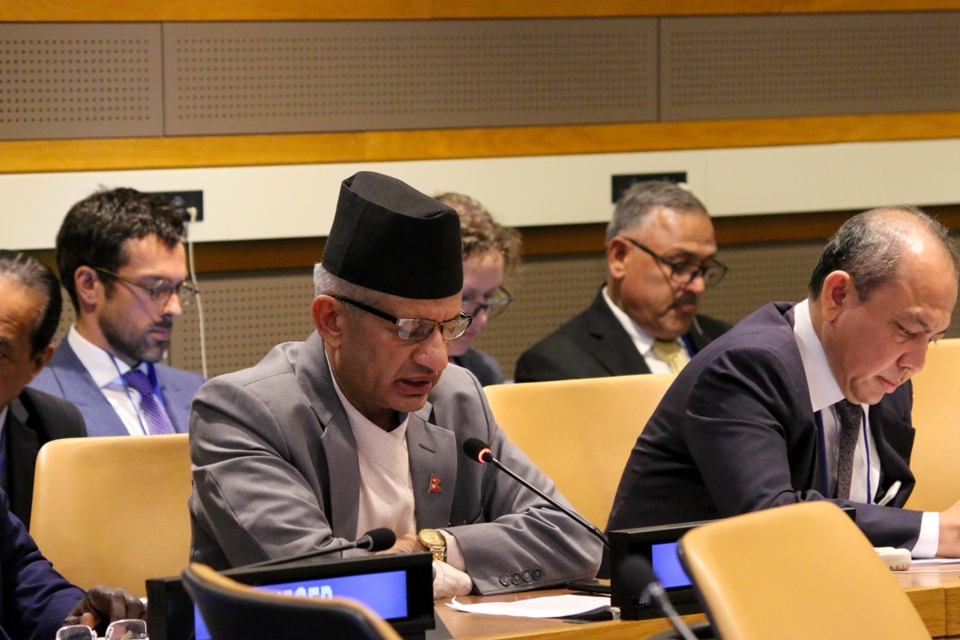
KATHMANDU, Sept 27: Nepali delegation to the 74th session of the United Nations General Assembly engaged in a number of important events and bilateral meetings in New York on Friday on the sidelines of the ongoing General Debate.
The Nepali delegation also participated in the first High-level Meeting of the General Assembly on Financing for Development convened to review the implementation of the Addis Ababa Action Agenda. Many Heads of State/Government and business leaders shared their perspectives on aligning and mobilizing resources for financing SDGs. Many speakers also said that meeting the financing gap was a daunting task and more partnerships were critical.
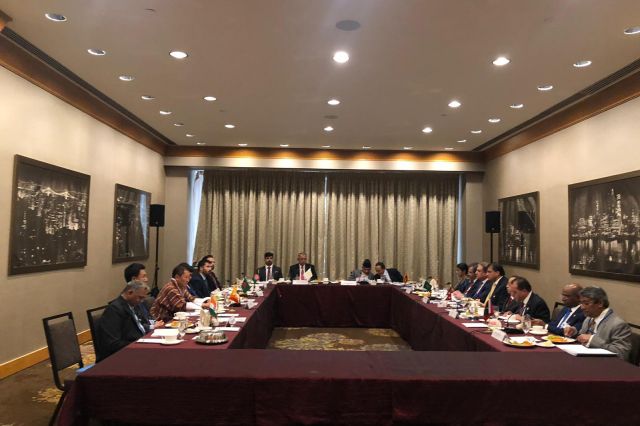
Foreign Minister Gyawali attended the Ministerial Meeting of the Non-Aligned Movement. In his statement, the foreign minister reaffirmed Nepal’s commitments to the purposes and principles of NAM. He underscored that cooperation and coexistence are critical for a constructive world order which can only be achieved if the principles of sovereignty and political independence are upheld in good faith by all.
The minister also attended the annual Ministerial Meeting of the United Nations Group of Friends of Mediation under the theme ‘New Technologies for Peace and Mediation as Tools for Inclusion: Celebrating the 10th Ministerial Meeting and Looking Ahead’ and shared Nepal’s perspective on the role of new technologies in mediation.
The minister elaborated that mediators should be equipped with the best tools available for averting violent conflicts. He also added that the ever-evolving technology can certainly provide them with innovative solutions.
Gyawali also addressed the High-level Meeting on the International Day for the Total Elimination of Nuclear Weapons convened by the President of General Assembly in New York. The minister underlined the belief that total elimination of the existing nuclear weapons and the assurance that they will never be produced again are the only absolute guarantee against their catastrophic consequences.
Gyawali hosted and also chaired, today afternoon, the Informal Meeting of the SAARC Council of Ministers which was attended by Foreign/External Affairs Ministers as well as other delegates of the SAARC Member States.
While highlighting the potentials and prospects of the South Asian region, Minister Gyawali expressed the view that effective cooperation at the regional level will help utilize the strengths of the region for changing the socio-economic landscape. He also said that robust cooperation is required for addressing various challenges facing the region, such as poverty, inequality, underdevelopment, climate change, natural disasters, etc.
Foreign Minister Gyawali addressed the annual Ministerial Meeting of the Least Developed Countries (LDCs) and focused on various structural and other barriers facing the development path of these countries. He added that the international community should come forward to assist LDCs through ensuring market access, removing tariffs and non-tariff barriers, lifting quantitative restrictions and helping capacity building and technology transfer.
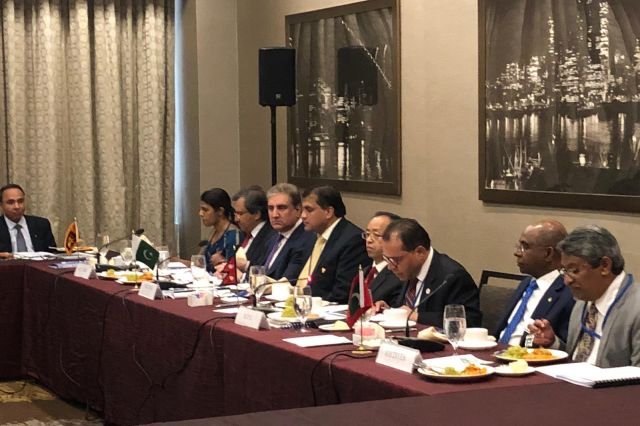
Likewise, Minister Gyawali had a bilateral meeting with Helen McEntee, the Irish Minister of State for European Affairs. The two sides discussed various matters of bilateral and multilateral cooperation. He also had a meeting with Vladimir Norov, Secretary-General of the Shanghai Cooperation Organization. Nepal is one of the six dialogue partners of SCO.
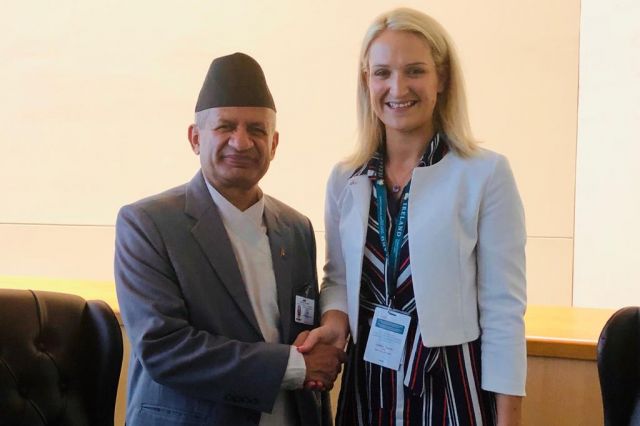
During the meeting, the Secretary-General Norov briefed about the activities of the Organization, including its roadmap of cooperation with observers and dialogue partners.
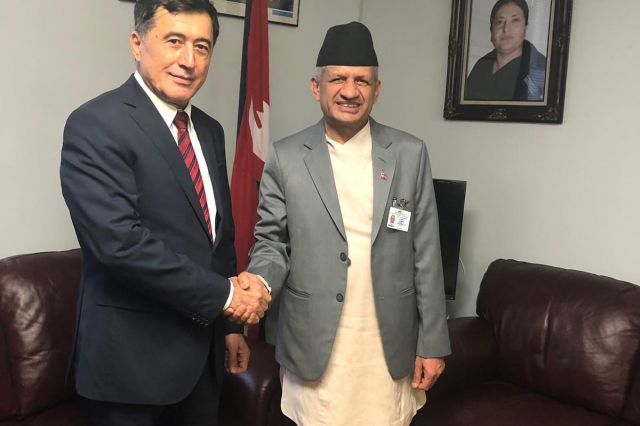 Meanwhile, Shakti Bahadur Basnet, Minister for Forests and Environment, attended a high-level side-event organized by the newly-established Group of Friends of Mountainous Countries. Nepal is an active member of this group.
Meanwhile, Shakti Bahadur Basnet, Minister for Forests and Environment, attended a high-level side-event organized by the newly-established Group of Friends of Mountainous Countries. Nepal is an active member of this group.
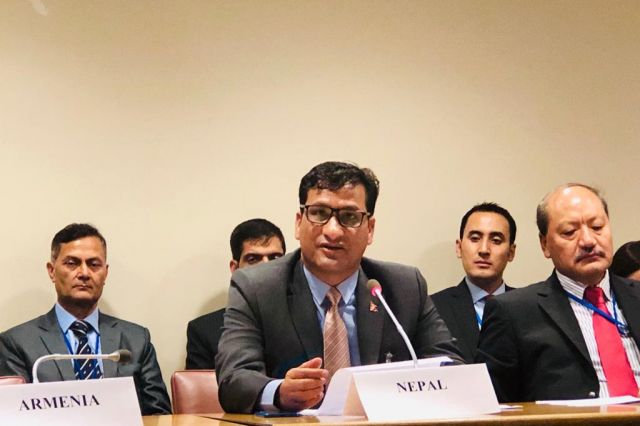
Minister Basnet underlined the urgency of taking collective actions for achieving sustainable mountain development and protecting mountain ecosystems for the good of mountain people as well those billions living downstream. The Group, which has currently 20 members, was established to promote interests of mountain countries in various UN processes.
You May Like This
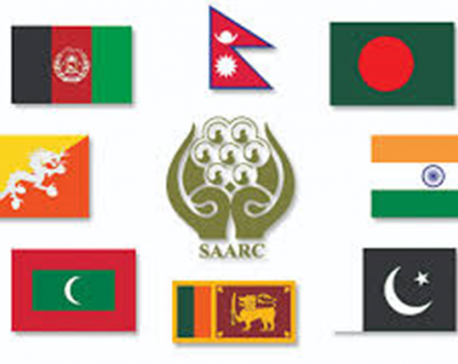
Nepal convening SAARC ministerial meet in New York Thursday
NEW YORK, Sept 26: Nepal is set to convene a SAARC ministerial meeting in New York on Thursday. The meeting... Read More...
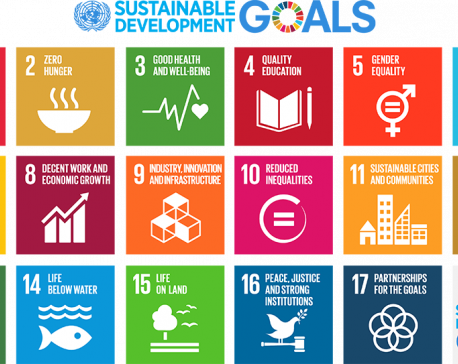
Nepal seeks international support to achieve SDGs
NEW YORK, Sept 25: As Nepal struggles to meet the Sustainable Development Goals (SDGs) from internal resources, officials have sought support... Read More...
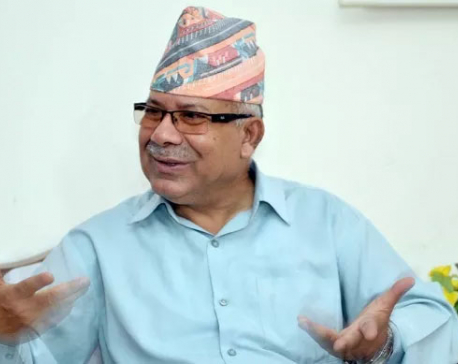
Party's name will be Nepal Communist Party after merger: Leader Nepal
KAILALI, Feb 9: CPN-UML leader Madhav Kumar Nepal said that the name of the new party after merger between CPN-UMLand... Read More...
Just In
- KMC to organize a month-long skill fair from May 1
- Birgunj Metropolis collects over Rs 360 million in revenue
- NEPSE plunges below 2,000 points after one and a half months; daily turnover declines to Rs 2.10 billion
- AI Index Report-2024: AI still behind humans on complex tasks like competition-level mathematics
- Daiji-Jogbudha road construction at snail’s pace
- Govt fails to adopt podway technology despite its potential in Nepal
- Jhulaghat border crossing in Baitadi to remain closed from this evening
- Universities will be free from partisan interests: Education Minister









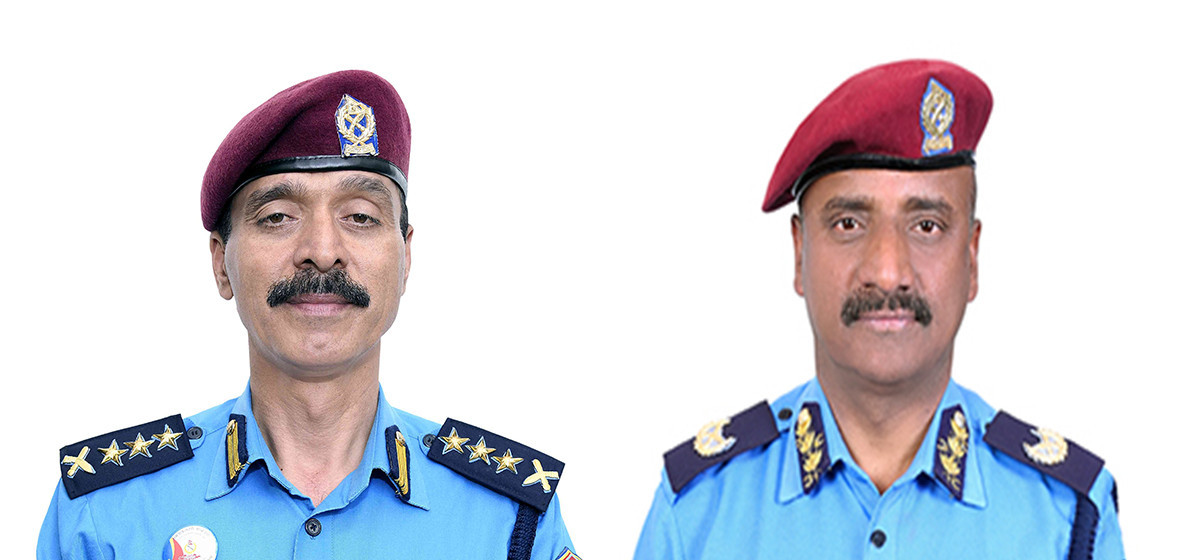


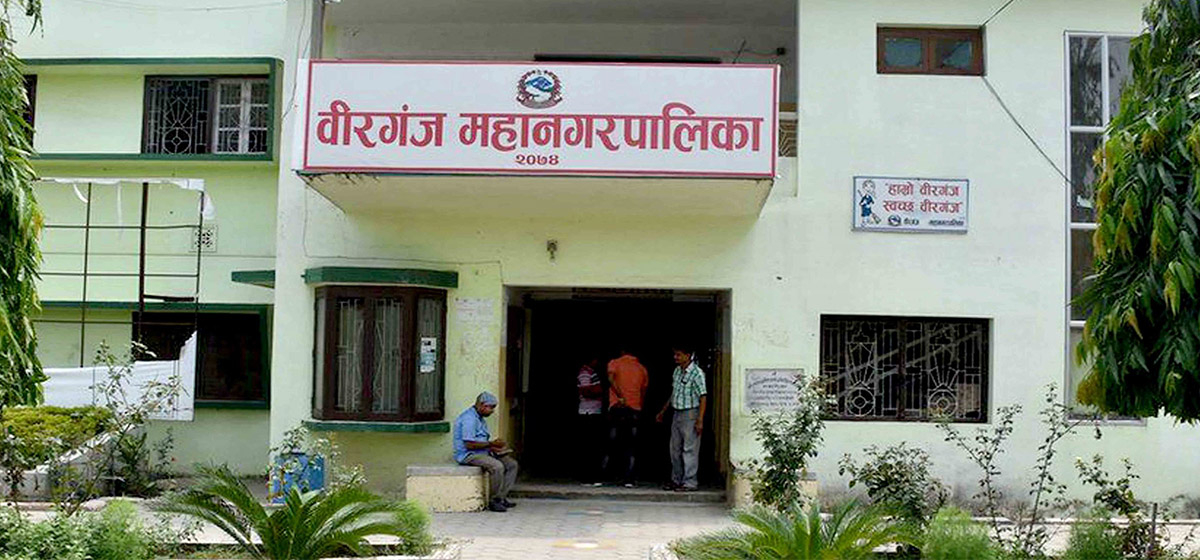


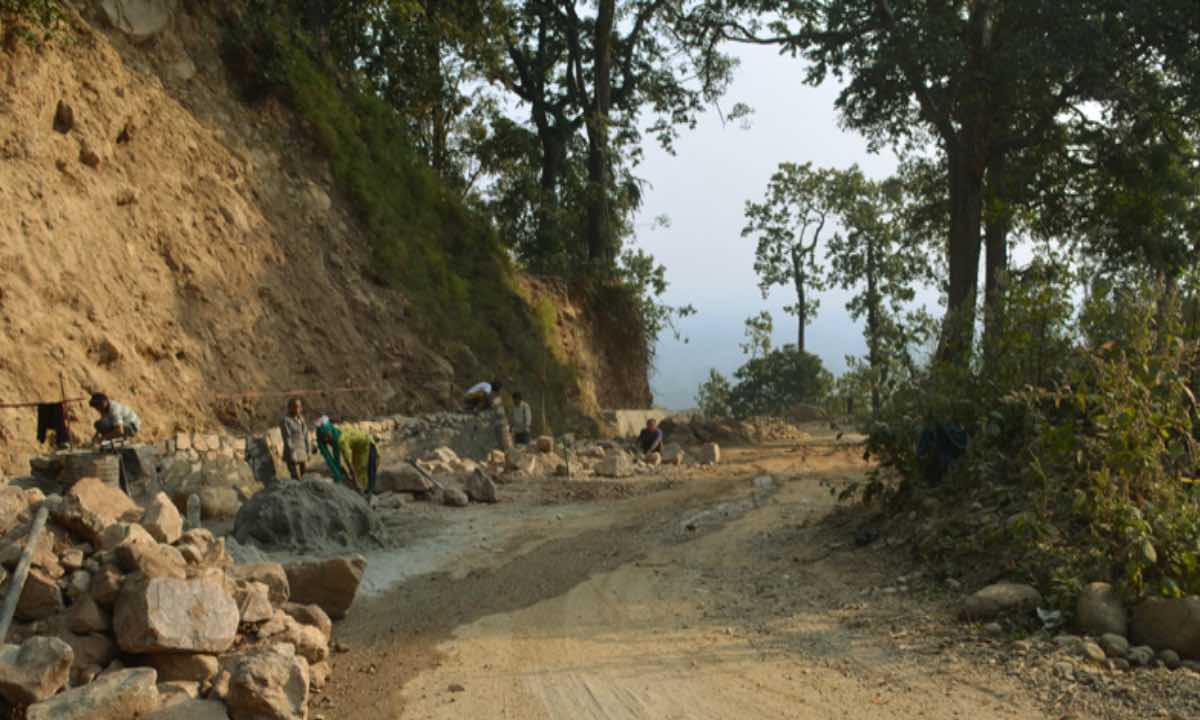
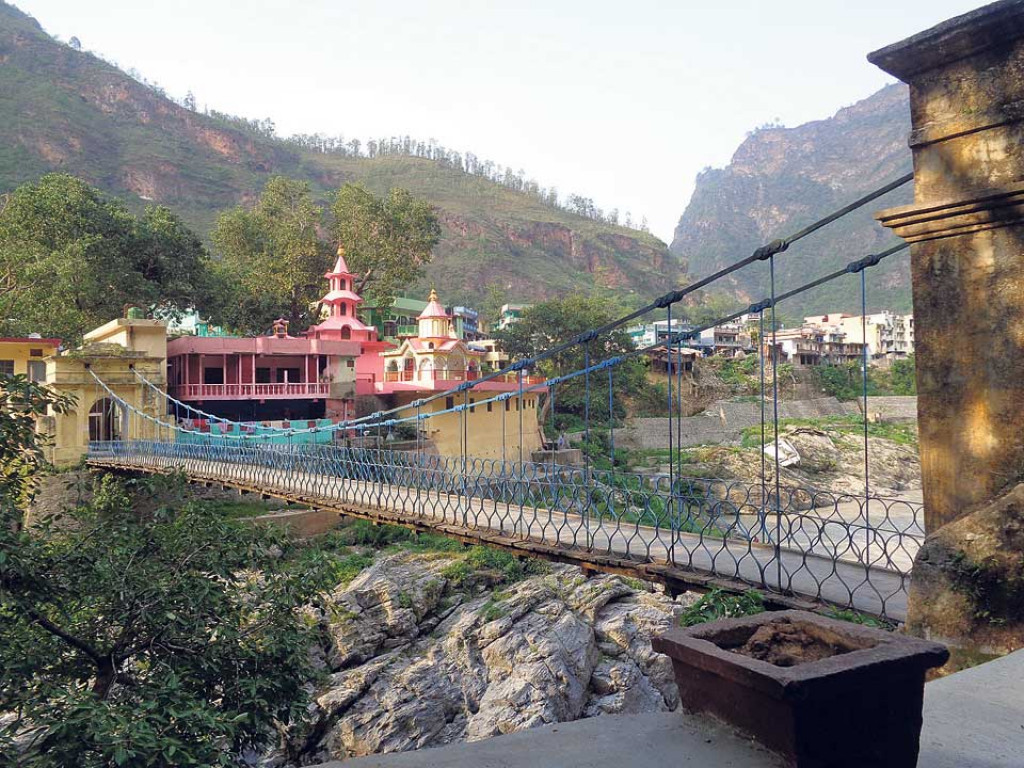
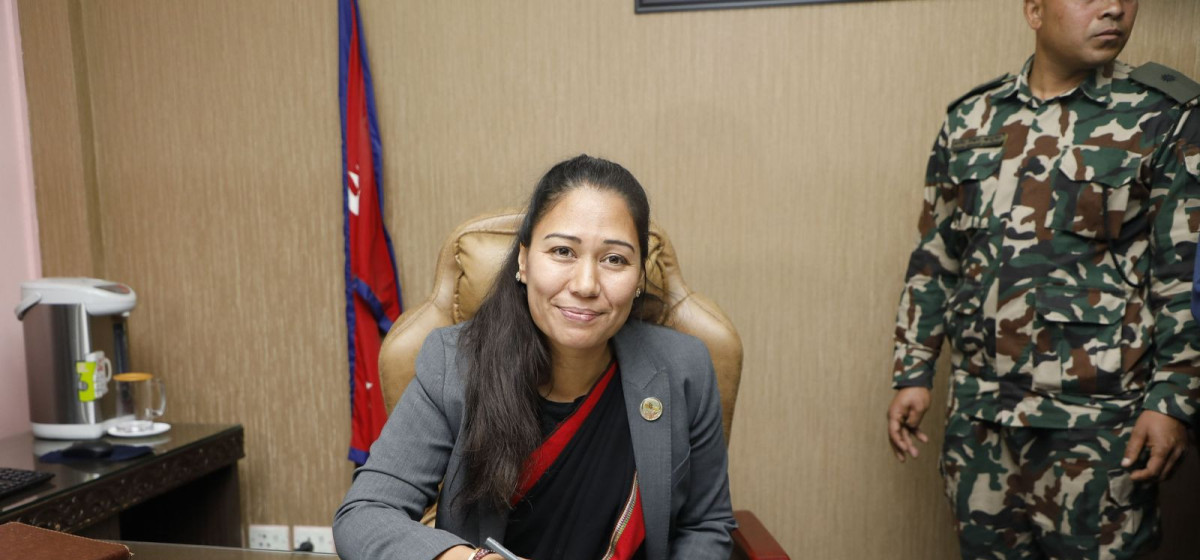
Leave A Comment